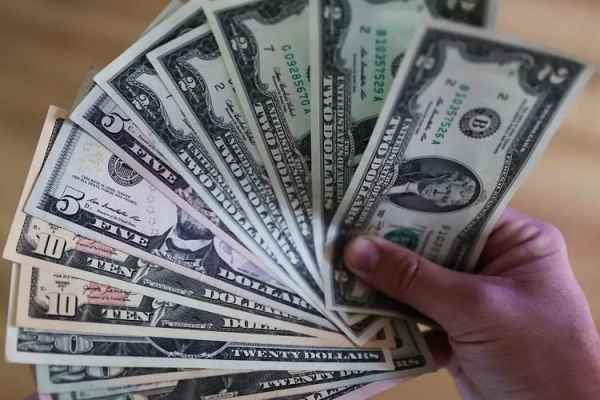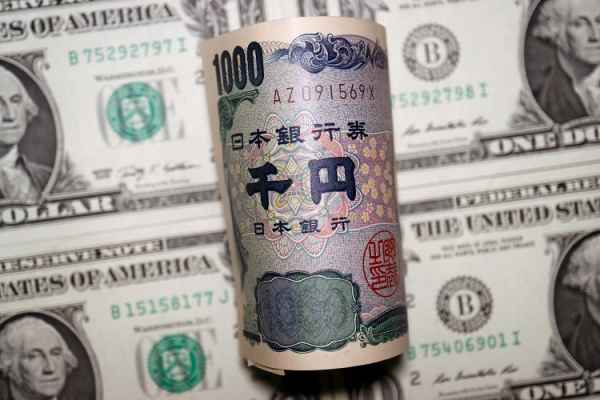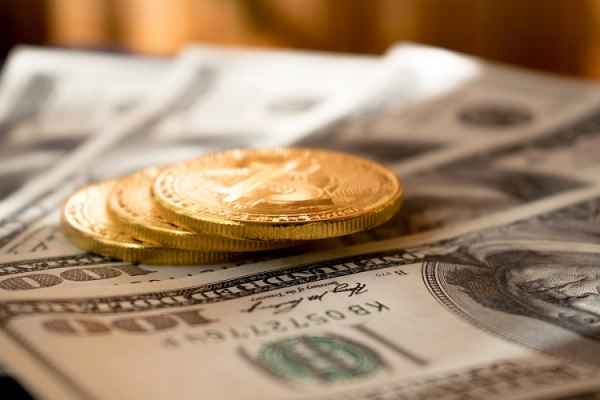Hurricane Gabrielle is the biggest natural disaster to hit New Zealand this century. As a result, NZD/USD failed to rally even though the RBNZ interest rate rose.
The New Zealand dollar briefly rose to its daily high to 0.6245 level during the Asian session but then receded to the range of 0.6220 when entering the European session (22/February). New Zealand's interest rate announcement failed to catalyze a rally for NZD/USD amid the heavy impact of the natural disaster that hit this two-island country.

NZD/USD Daily chart via TradingView
This morning, the New Zealand central bank (RBNZ) raised interest rates from 4.25% to 4.75%, in line with the previous consensus estimate. The RBNZ also reiterated the need to raise interest rates again in the coming months to achieve the inflation target.
Unfortunately, no changes were compared to the RBNZ's announcement at the previous meeting. The RBNZ expects the highest interest rate to reach 5.5% in the second half of this year, then remain at the same level until next year. This will likely disappoint some market participants hoping for more hawkish policy guidance.
"The trigger for the Kiwi's rebound was the RBNZ's latest policy announcement which disappointed expectations due to a less hawkish rate guidance," said Lee Hardman, senior currency strategist at MUFG.
The RBNZ may be reluctant to be more aggressive while the country is grieving. Its quarterly Monetary Policy Report covers the uncertainty resulting from Hurricane Gabrielle, which recently hit New Zealand's North Island. These uncertainties could weigh on New Zealand's economic growth in 2023 and increase inflation again in the short term.
"Several people have lost their lives. Many people have lost their homes, vehicles, and property. Others have had their businesses disrupted. There has been significant damage to crops, land, supplies, and equipment," the RBNZ said. The recovery process and estimates of the broader economic impact are highly uncertain. However, these events are likely to result in somewhat higher-than-expected inflation shortly. (Natural disasters) have destroyed capital stocks, reduced supply, and will increase demand in the coming year.
Prime Minister Chris Hipkins said Monday that Hurricane Gabrielle was the biggest natural disaster to hit New Zealand this century. The storm has killed at least 11 people and caused material losses of at least USD 8 billion. The New Zealand government will disburse an emergency aid package worth USD 187.08 million to rebuild the devastated area while continuing to search for the thousands of missing victims.

 Dedicated FREE FOREX VPS
Dedicated FREE FOREX VPS Free FOREX Virtual Private Server
Free FOREX Virtual Private Server MT4 Demo Contest, Get $500
MT4 Demo Contest, Get $500 Sign Up for an Account, Claim 60% Deposit Bonus
Sign Up for an Account, Claim 60% Deposit Bonus Free MT4/MT5 VPS 2024
Free MT4/MT5 VPS 2024 Send E-mail and Get Free Merchandise
Send E-mail and Get Free Merchandise $1K Refer a Friend Bonus for Pepperstone Pro clients
$1K Refer a Friend Bonus for Pepperstone Pro clients Maximize Your Earnings with 100% Deposit bonus
Maximize Your Earnings with 100% Deposit bonus Trade to Win, $5,000 Monthly Demo Contest
Trade to Win, $5,000 Monthly Demo Contest Claim 30% + 15% Deposit Bonus from LiteFinance
Claim 30% + 15% Deposit Bonus from LiteFinance






